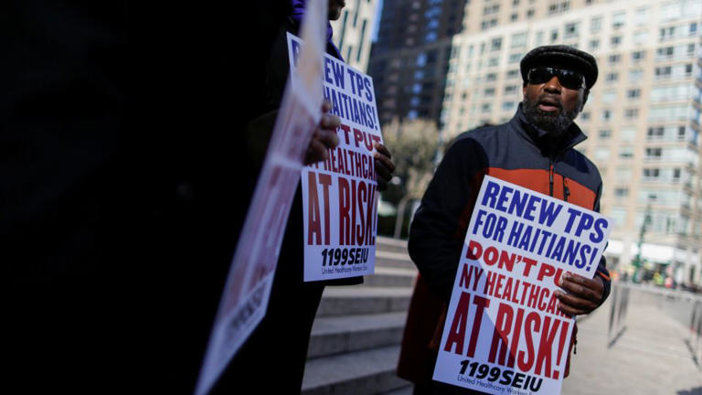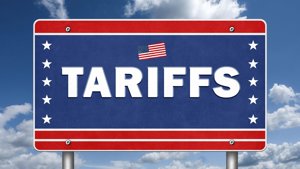
Judge Blocks Trump’s Bid to End Haitian TPS Protections
A federal judge blocks the Trump administration’s bid to end TPS for 520,000 Haitians, citing lack of legal authority.
Federal Court Halts Effort to End Protections for Haitians
In a significant ruling Tuesday, U.S. District Judge Brian Cogan in Brooklyn blocked the Trump administration’s move to terminate temporary protected status (TPS) for more than 520,000 Haitian immigrants residing in the United States. The court’s decision halts a central part of the administration’s immigration policy and injects uncertainty for thousands of Haitian families who have lived and worked in the U.S. for years.
The Department of Homeland Security, under Secretary Kristi Noem, had announced plans to allow TPS designations for Haitians to expire on August 3, with formal termination set for September 2. Judge Cogan, however, found that Secretary Noem did not follow the statutory process established by Congress for reconsidering TPS status, writing, “Secretary Noem does not have statutory or inherent authority to partially vacate a country’s TPS designation.” He further called the administration’s action “unlawful.”
Cogan’s opinion emphasized that plaintiffs—Haitian immigrants with TPS—are “likely to (and, indeed, do) succeed on the merits,” citing the greater harm to families facing deportation compared to potential impacts on the government. The judge did acknowledge that the federal government retains broad authority to enforce immigration laws and terminate TPS as Congress has provided, but not by circumventing the process.
Background: Administration’s Push to Restrict Immigration Programs
Secretary Noem’s decision followed a report by U.S. Citizenship and Immigration Services (USCIS) concluding that conditions in Haiti no longer met the statutory requirements for TPS—a designation intended to provide temporary refuge to people from countries beset by war, disaster, or extraordinary danger. The Department argued that improving conditions in Haiti justified ending TPS, urging Haitian nationals to seek voluntary repatriation through the CBP Home app, which would offer complimentary airfare and a $1,000 departure bonus.
“The environmental situation in Haiti has improved enough that it is safe for Haitian citizens to return home,” a DHS spokesperson said prior to the court’s ruling. The agency also encouraged those wishing to remain in the U.S. to explore other immigration benefits if eligible.
Temporary Protected Status was established in 1990 to allow U.S. residency for people from countries facing severe instability. It can be extended in 18-month increments, but must be justified under specific criteria. The Trump administration has moved to restrict or roll back TPS for multiple groups as part of its broader immigration enforcement strategy, seeking to fulfill campaign promises of tighter border security and reduced unauthorized migration.
Recent history has seen fluctuating TPS policy. The previous administration had extended TPS to Venezuelan nationals in 2021, and renewed the status before leaving office in January 2025. The most recent designation for Venezuelans was to run from April 2025 to October 2026, potentially covering up to 300,000 people before being rescinded by the current administration.
What’s Next for Haitian TPS Holders?
Tuesday’s ruling preserves the status quo for Haitian TPS recipients in the immediate term, allowing them to remain in the U.S. and maintain work authorization while the case proceeds. The administration may appeal the decision or consider alternative policy approaches, but for now, more than half a million Haitians avoid imminent loss of legal status and possible deportation. The future of the TPS program—and the fate of families it protects—remains uncertain amid ongoing legal and political battles over U.S. immigration law.






